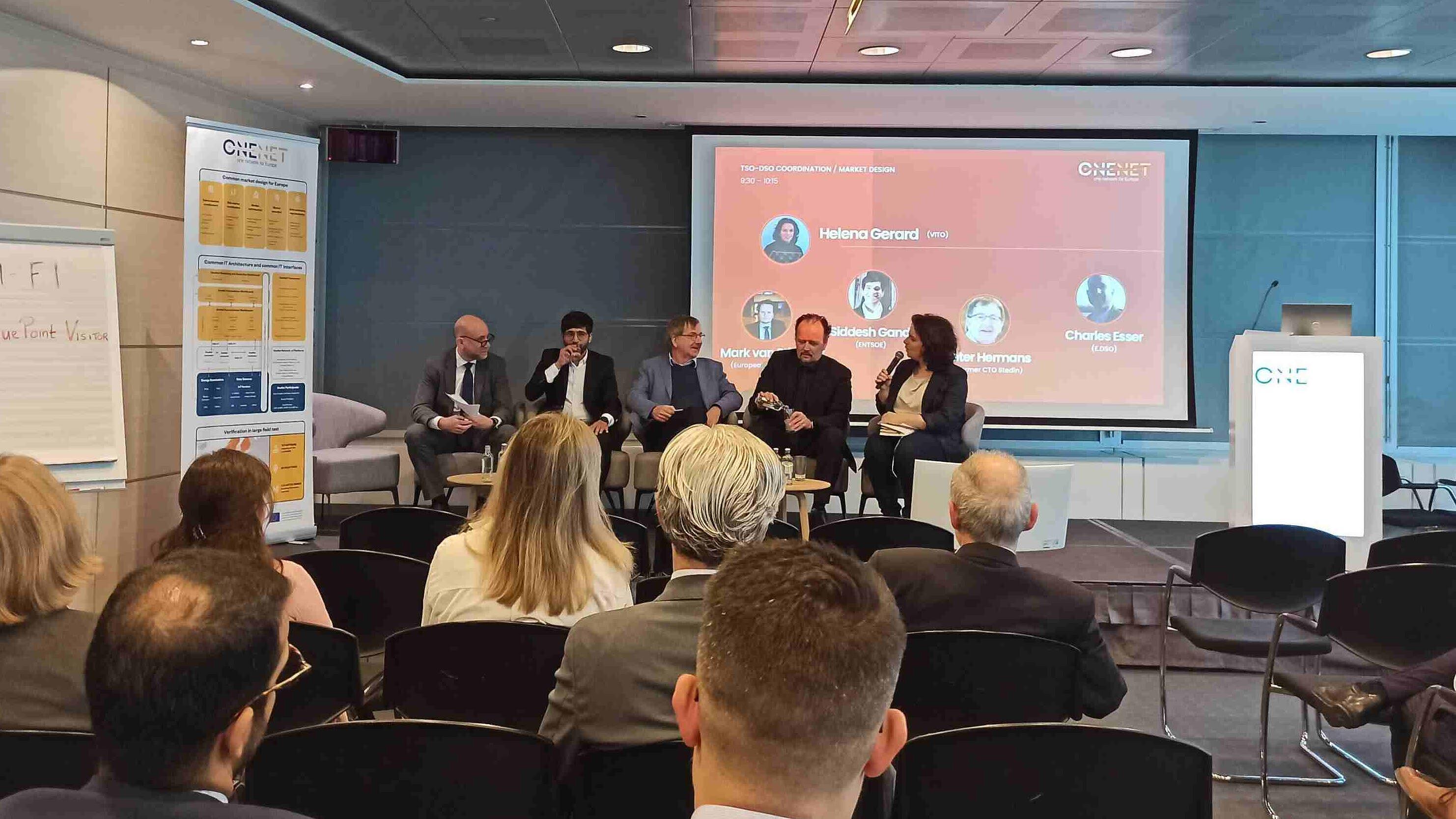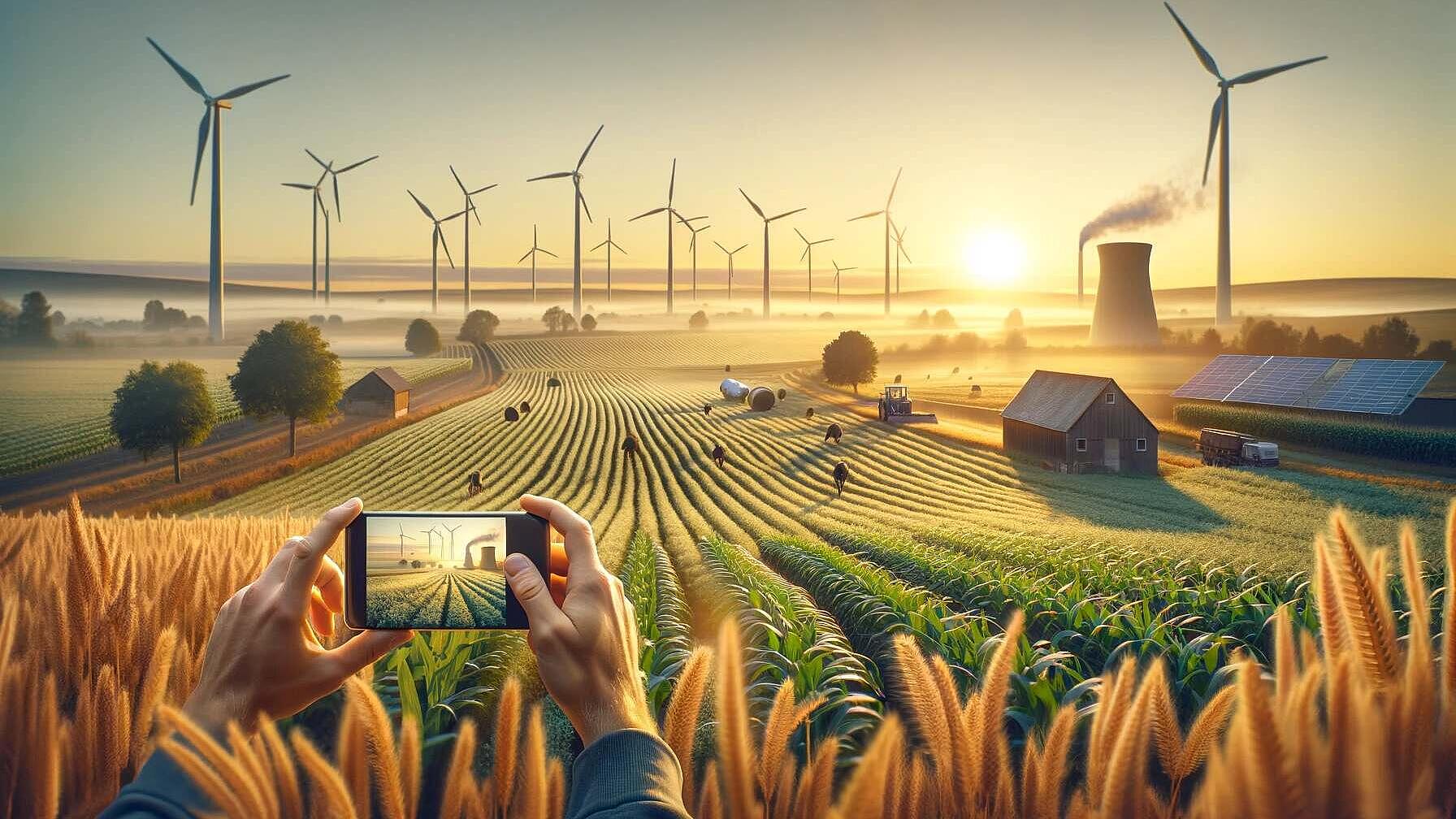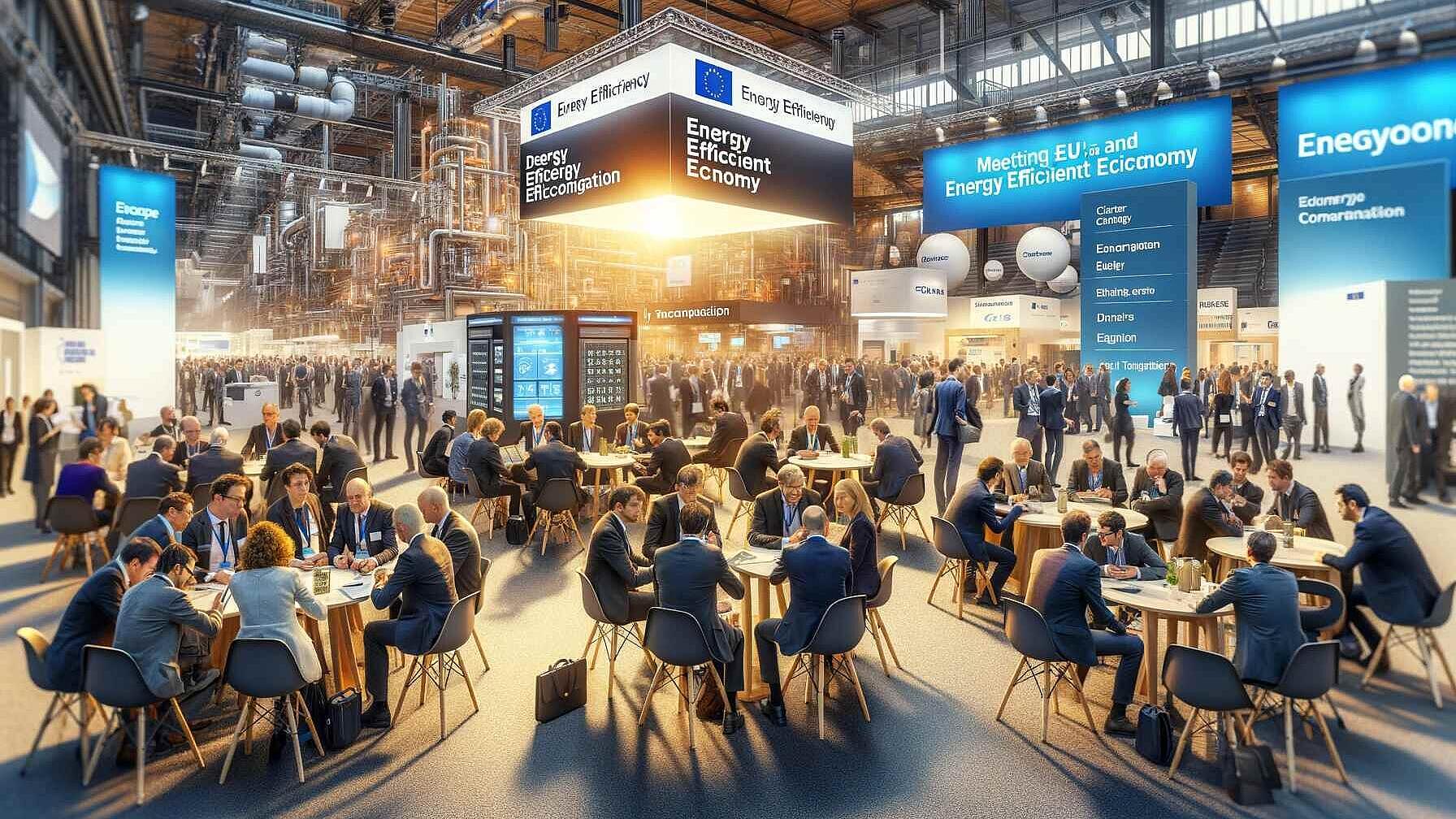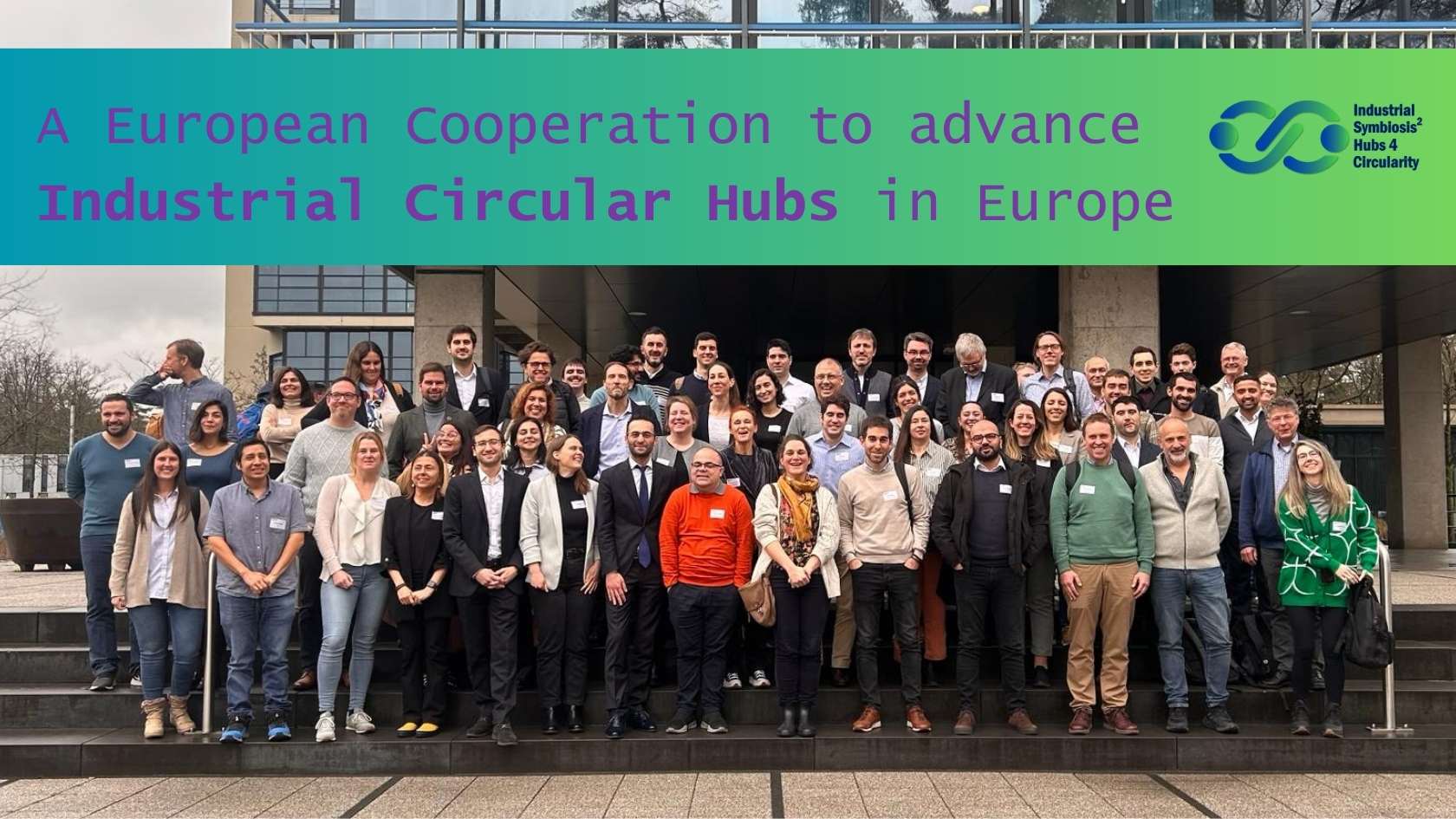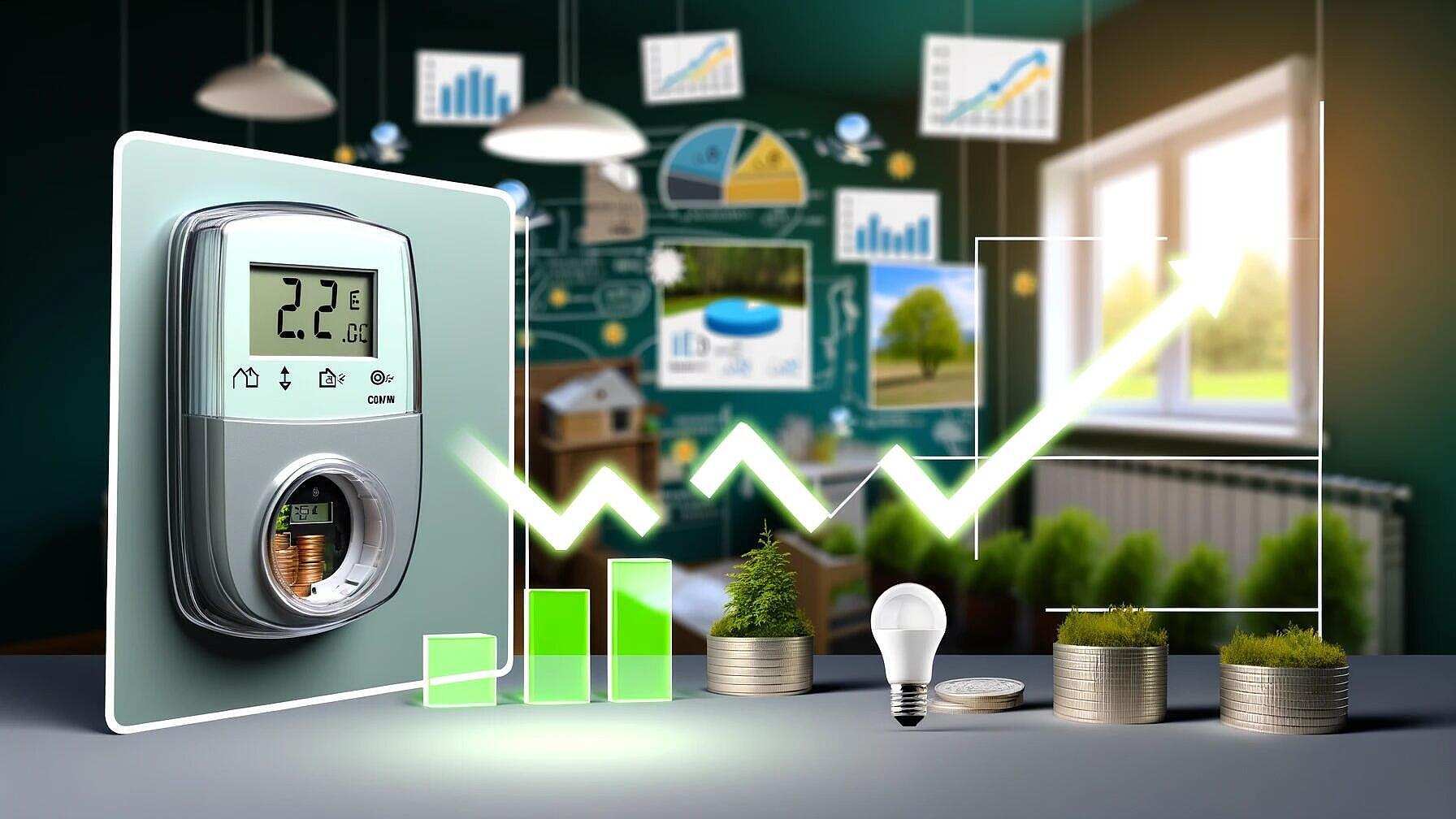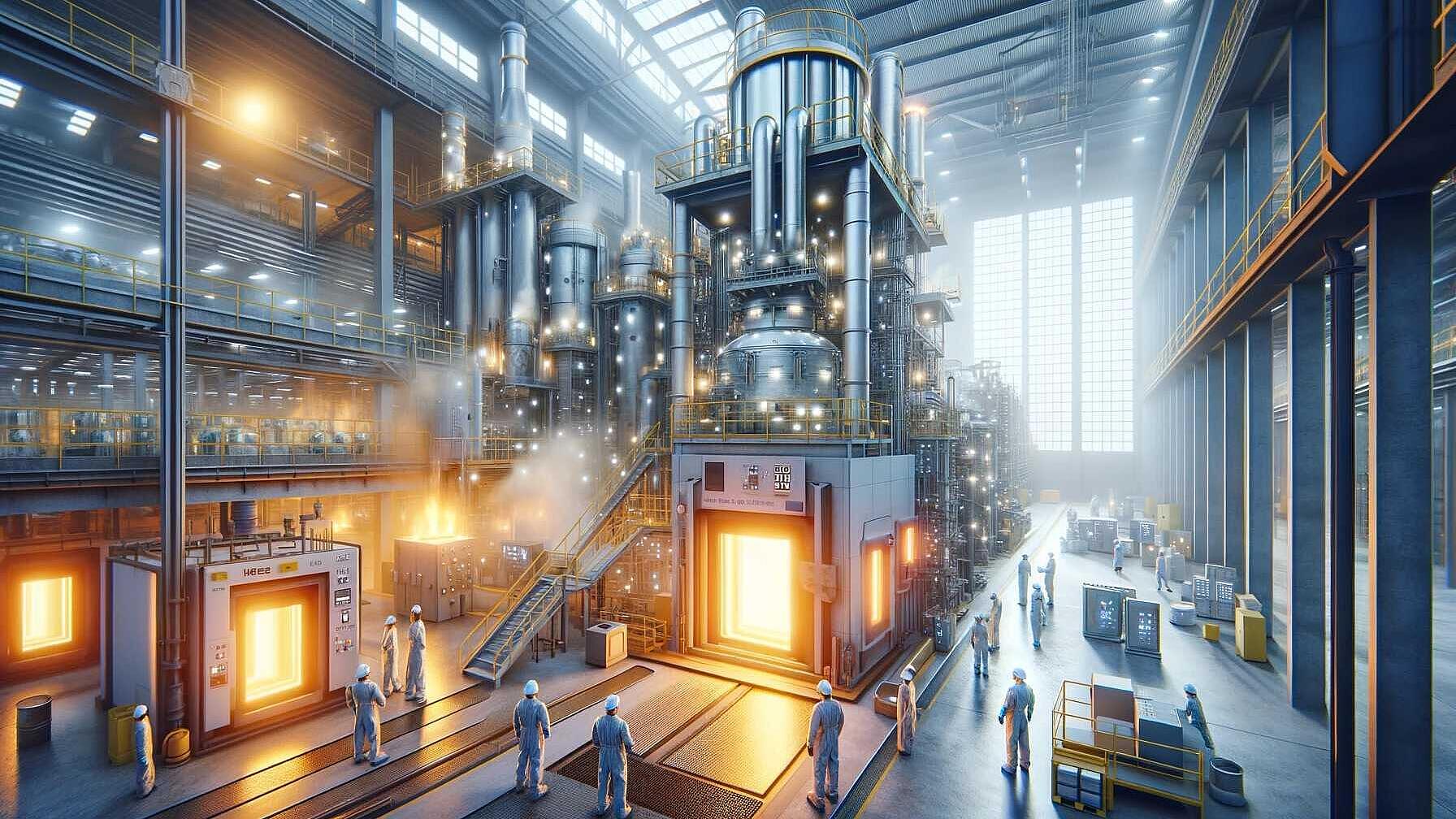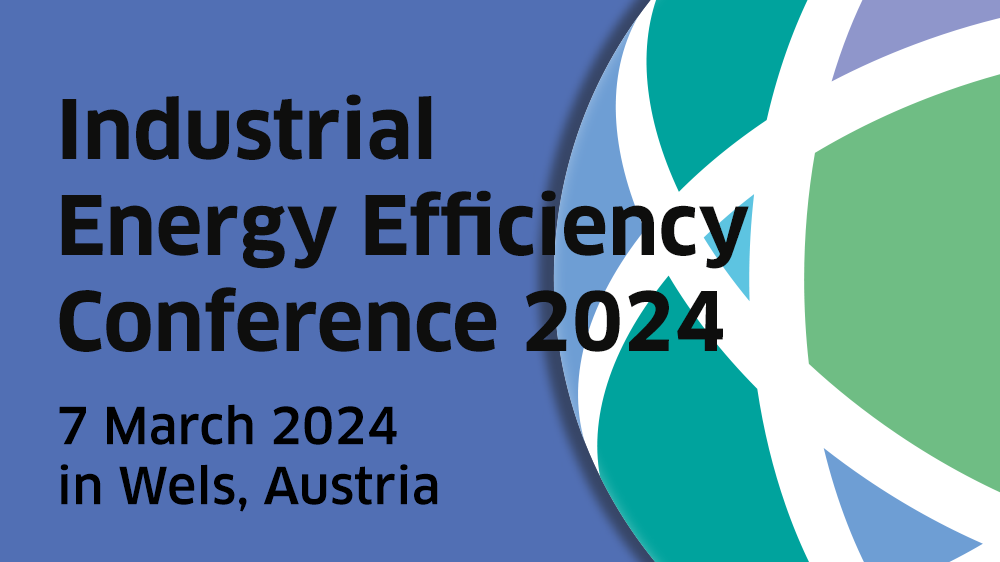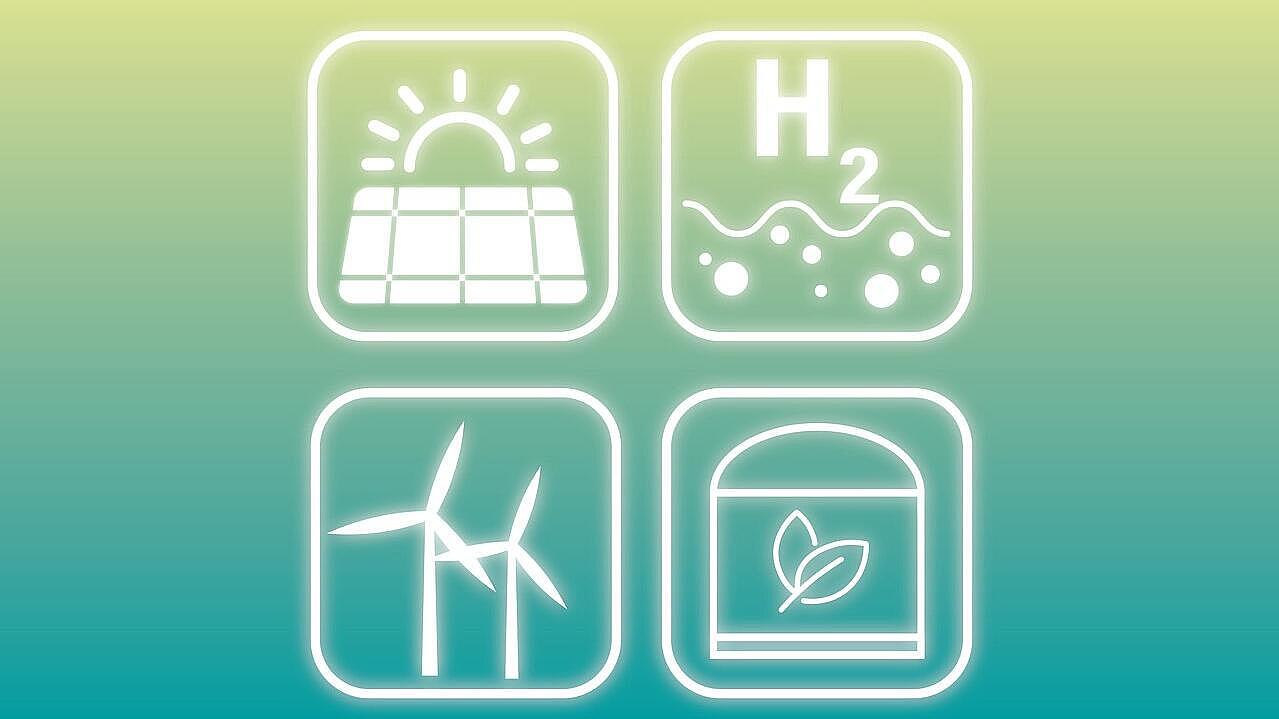 Artigos
ArtigosTHE DECENTRALIZATION OF ENVIRONMENTAL TAXES: ENVIRONMENTAL OR ECONOMIC ADVANTAGE?
Environmental taxes have become an increasingly prevalent tool for governments to address pollution and encourage sustainable practices. Initially, governments relied on mandates, controls, and sanctions. However, due to persistent environmental degradation, there is a shift towards economic instruments like environmental taxes. The effectiveness of these taxes is debated in terms of their centralization versus decentralization. Regional decentralization can be beneficial, as areas with worse environmental problems can impose higher taxes. Yet, some argue that decentralization can lead to destructive fiscal competition and efficiency losses, as regions might lower taxes to attract business without considering environmental impacts. There's a viewpoint that supranational entities like the European Union should manage environmental issues to prioritize ecological well-being. Despite environmental taxes being impactful in theory, they are often seen as revenue-generating tools rather than means of actual environmental protection. The challenge lies in aligning economic incentives with environmental priorities to ensure these taxes serve their intended purpose of safeguarding the environment for current and future generations.
Leer Artigo completoTRANSFORMATIVE EFFORTS IN RESHAPING EUROPE'S ELECTRICAL LANDSCAPE: INSIGHTS FROM THE ONENET PROJECT FINAL EVENT
The OneNet Project Final Event marked the culmination of efforts to reshape Europe's electricity system. Key topics included TSO-DSO coordination, market design, consumer engagement, and leveraging data for grid operations. The initiative aligns with EU interoperability objectives and promotes a sustainable, unified market.
Leer Artigo completoFeeding the Future: Navigating Europe's Journey to Sustainability
The "From Farm to Fork" strategy under the European Green Deal sets ambitious targets like reducing pesticides, increasing organic farming, and halving food waste by 2030. It emphasizes environmental health and economic benefits, advocating technological innovation and stronger global partnerships for sustainable food systems.
Leer Artigo completoDecarbonising Industry: Stepping into the unknown?
The eceee industrial energy efficiency conference in Antwerp focused on the imperative for industry to achieve deep decarbonisation while remaining competitive. Themes included future challenges, energy management, and change drivers, acknowledging the complexity of decarbonising industries in under three decades.
Leer Artigo completoFrom Industrial Symbiosis to Hubs for Circularity, the IS2H4C Projects kicks-off!
The IS2H4C project, funded with €20 million by the European Commission, aims to revolutionize sustainable regional development through creating four industrial symbiosis hubs in Europe. The consortium of 31 partners will focus on circular economy models, financial schemes, and social innovation to facilitate systemic shifts and sustainable industrial practices.
Leer Artigo completoThe RetroMeter project: using metered energy savings to make energy efficiency more investable
This article discusses institutional investors' perspective on energy efficiency and how metered efficiency could spur investment. It addresses financial institutions' growing interest in energy efficiency due to market potential, risk mitigation, carbon emission reduction, and regulatory pressure. Barriers like small project scale, heterogeneity, data scarcity, and performance risk inhibit investment. The concept of metered efficiency, akin to Power Purchase Agreements, is presented as a solution to align payment with actual energy savings, enhancing investability and quality assurance in energy efficiency projects.
Leer Artigo completoeLITHE project ignites the future of Sustainable Ceramic Industry decarbonization
The eLITHE project, funded by the EU and coordinated by Spain's Fundación CIRCE, aims to decarbonize the ceramic industry by electrifying high-temperature thermal processes. Running until 2027, with demonstrations in Spain, Greece, and Germany, it employs innovative heating solutions and digital technologies.
Leer Artigo completoEmissions Impacts of Alternative Fuels Combustion in the Cement Industry
The study analyzes alternative fuel impacts on U.S. cement industry emissions, finding marginal CO2 reductions and variable non-CO2 pollutant changes. Fuel types examined include waste and biomass, with a focus on CO2, SO2, NOx, and PM emissions across different replacement scenarios.
Leer Artigo completoWSED 2024: Energy Efficiency now – fast, smart, resilient!
The European Energy Efficiency Conference in Wels, Austria, from 6-7 March 2024, emphasizes urgent implementation of energy efficiency measures in response to fluctuating prices, geopolitical instability, and climate crisis. It addresses new EU targets, energy efficiency market demands, and showcases the EENOVA and DEESME EU projects. Over 60 speakers will cover policies, markets, financing, e-mobility, and industrial decarbonization. The event includes a tradeshow and opportunities for peer exchange and networking.
Leer Artigo completoWhat is green hydrogen?
Hydrogen is emerging as a potential solution for combating climate change. But there is a need to differentiate between green hydrogen—produced renewably, essential for certain industries—and less sustainable forms like grey, black, and blue hydrogen, which have significant carbon footprints. Pink hydrogen, though less harmful, presents nuclear waste challenges.
Leer Artigo completo
